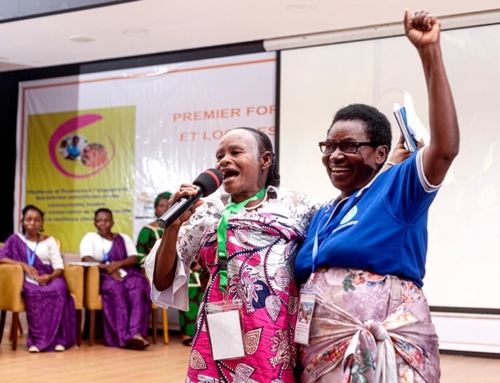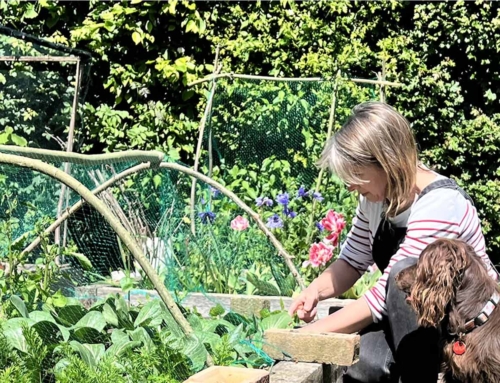Our Biocultural Diversity Programme Manager Miriam Supuma spoke to Mongabay’s Mike DiGirolamo about why Papua New Guinea is one of the most unique countries in the world, the customary land rights of its peoples, and the challenges Papua New Guineans face in protecting their natural environment.

Papua New Guinea holds incredible biodiversity on land, river, and sea, and the many different cultures hold different relationships with the natural world. Deep-sea mining is a grave threat to the condition of their ocean which has induced strong community resistance. Image © iStock
“Papua New Guinea is one of the last remaining tropical biodiversities in the world, apart from the Congo Basin and the Amazon. Papua New Guinea has seven per cent of the Earth’s biodiversity but it is the least studied, and this is partly due to the lack of national biologists and capacity in the country.
“It is quite unique because we have over 800 languages representing distinct cultures, then we have different biomes from corals to montane alpine habitats. Within that, we’ve got diverse people with different cultures who relate to the environment in various ways… so it is one of the most unique countries in the world.
Customary land rights
“Customary land rights are a fundamental part of Papua New Guinea- it is something that connects the people to the land and has been present for a long time according to the historical records.
“Here in Papua New Guinea land is owned by kinship groups or clans and it cannot be sold, divided, or opened for projects unless there are discussions between community members or clan members resulting in communal decisions.
“Any activities on customary land must be given consent by the people with traditional ties to the land.”
Conservation and development
“There is no good road network in Papua New Guinea, which is one of the things which makes life there difficult for local communities, but that is also perhaps one of the reasons why we still have some of the forest remaining.
It is a challenge for us, as people living in isolated places need access to services which are in the urban areas but with development comes threats to the environment. Right now we have competing interests between extractive industries and conservation, and both of these have to inform and work with the local people who are very much the custodians of the land.
“So much of our land is still unexplored and if we are not very careful, we could lose a lot of it in our lifetime. I don’t just mean in terms of the physical environment disappearing but also the knowledge and deep cultural connections to the forest and the sea.”
The podcast can be found on Mongabay Explores, an episodic podcast series exploring unique people, places, and stories from around the globe in-depth. This episode was the first in the series focused on New Guinea.
Links to further reading about some of the topics Miriam mentions:
Customary land rights in Papua New Guinea
Synchronicity Earth’s partner Bismarck Ramu Group
The 10-year moratorium on deep sea mining (2023 update: Pacific alliance adopts moratorium on deep-sea mining, halting resurgent PNG project)
Nauru’s government’s plans to start deep sea mining
Synchronicity Earth’s partner Alliance of Solwara Warriors
Biocultural Diversity Programme, managed by Miriam, which supports Indigenous Peoples and local communities to protect and revive biocultural diversity






